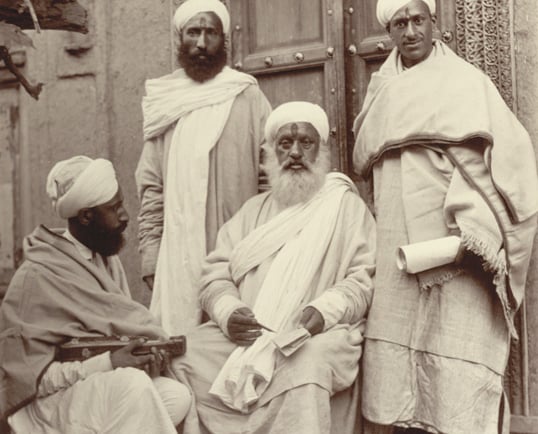Education as Identity: How Kashmiri Pandits Kept the Flame of Knowledge Alive
For the Kashmiri Pandit community, education has never been just a pathway to livelihood; it has been an inseparable part of their identity. Across centuries, in times of peace and in times of turmoil, learning has remained both a cultural anchor and a survival strategy. In many ways, the story of Kashmiri Pandits is the story of how knowledge can serve as heritage, resilience, and hope all at once. Kashmir’s history as a center of scholarship is well documented. Ancient institutions like Sharda Peeth once made the Valley a hub of Sanskrit learning and philosophy, attracting thinkers from across the subcontinent and beyond. Kashmiri Pandits were the custodians of this intellectual tradition, producing scholars, poets, philosophers, and administrators who left a mark on Indian history. Their reverence for texts, debate, and critical inquiry gave the community an identity deeply intertwined with education. In modern times, as colonial reforms introduced Western-style education, Kashmiri Pandits adapted quickly, becoming some of the earliest adopters of English education in the region. They emerged as teachers, professors, civil servants, and reformers, shaping institutions that influenced generations of students in Jammu and Kashmir. Their presence in schools and universities became synonymous with discipline, scholarship, and intellectual rigor. For them, education was not merely about professional success—it was a way of preserving dignity and leadership in a changing world. The 1990s exodus brought a painful rupture. Displaced from their ancestral homes, Kashmiri Pandits were forced to rebuild lives in refugee camps and scattered settlements. Yet, even in those difficult circumstances, they placed education at the heart of their resilience. Makeshift schools were set up in camps, community-driven institutions emerged, and families made countless sacrifices to ensure their children’s learning continued uninterrupted. Education became the lifeline that allowed them to preserve their identity even in exile, a shield against despair and a bridge to a better future. Today, Kashmiri Pandits continue to carry forward this legacy on national and global platforms. Many have become renowned academics, scientists, writers, and professionals who contribute to the knowledge economy and keep alive the values of inquiry, openness, and scholarship that defined their community for centuries. Their story stands as a testament to how education can endure as a cultural identity, even when geographical roots are severed. In the broader context of Jammu and Kashmir, the role of Kashmiri Pandits in keeping the flame of knowledge alive is not just about their community—it is about the idea that learning has the power to transcend conflict, displacement, and uncertainty. Their example reminds us that education is not simply a tool of progress but a foundation of resilience, a way of preserving heritage while preparing for the future. For Kashmiri Pandits, education is not just what they do—it is who they are.
Raj Raina
10/13/20251 min read


My post content
Get in touch
about us
Sharda Foundation is a not-for-profit initiative dedicated to empowering underprivileged children in Jammu and Kashmir through free academic support and learning opportunities. With a firm belief that education is the strongest tool for breaking cycles of poverty and fostering hope, the foundation works to bridge gaps in access to quality learning.
connect@shardafoundation.org
© 2025-28. All rights reserved.
